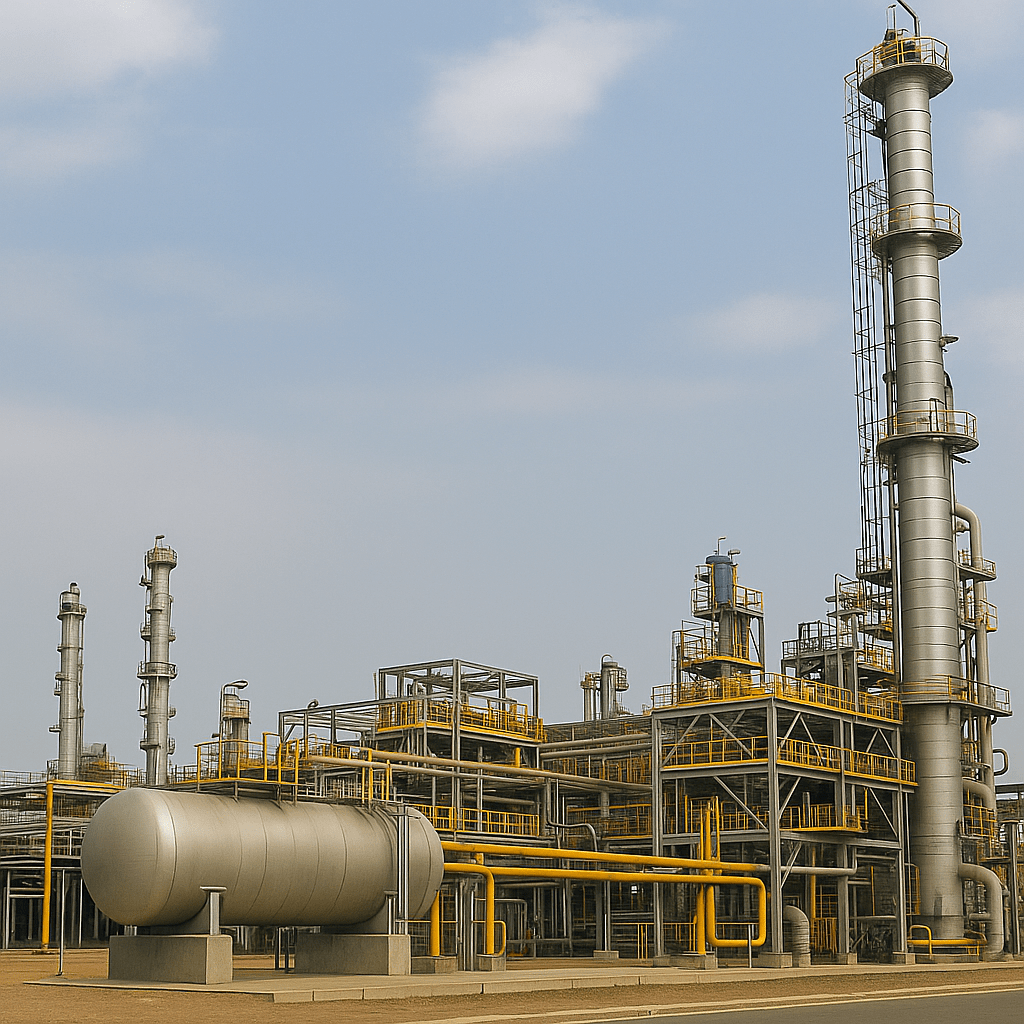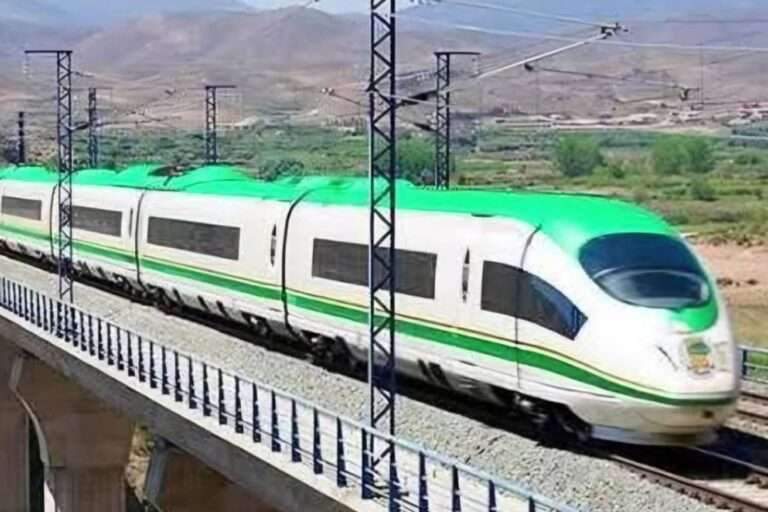Backbone Infrastructure Nigeria Limited (BINL) has formally announced the commencement of a $15 billion crude oil refinery project in Ilaje, Ondo State—a transformative industrial initiative aimed at expanding Nigeria’s domestic refining capacity and strengthening the nation’s energy independence. With a projected output of 500,000 barrels per day (bpd), the refinery is set to become the second-largest in the country, following only the Dangote Refinery in scale and ambition.
The announcement was made ahead of the official signing of a Memorandum of Understanding (MoU) with the Ondo State Development and Investment Promotion Agency (ONDIPA), scheduled for Monday, 15 July 2025. The refinery is to be situated within the Ilaje Industrial Free Zone, a strategic location intended to maximize logistics efficiency and regional development impact.
In a move that highlights the project’s national importance, BINL also confirmed ongoing high-level discussions with the Nigerian National Petroleum Company Limited (NNPC) to secure public-private partnership involvement and deepen national participation in the refining sector. While financing details remain under wraps, the scope and scale of the project signal a significant shift in Nigeria’s energy sector investment landscape.
According to BINL, the refinery’s development will occur in phases, beginning with the construction of an initial 100,000 bpd production unit, to be delivered over a 48-month period. The project also includes the development of vital associated infrastructure—such as roads, storage terminals, handling equipment, and export facilities—to support both domestic and international distribution.
Vice President of BINL, Mr. Wale Adekola, emphasized that the primary goals of the refinery are to:
- Reduce Nigeria’s dependence on imported petroleum products,
- Provide consistent feedstock supply to local industries, and
- Export refined products to generate foreign exchange.
This refinery is part of BINL’s broader strategic outlook, which includes a planned $4 billion investment in Nigeria’s mining sector, to be executed through public-private partnerships aimed at accelerating the country’s industrial diversification and raw material processing capacity.
Mr. Adekola stated:
“This refinery is not just a commercial project—it is a national development platform. It will create jobs, improve energy security, strengthen local capacity, and transform Ondo into a critical hub for industrial and export activity in West Africa.”
While optimism around the project remains high, observers caution that timely execution will depend on access to capital, regulatory clarity, and effective project governance. Nigeria’s history with large-scale infrastructure projects—particularly in the oil and gas sector—has often been marred by delays due to bureaucracy, funding gaps, and inconsistent policy implementation.
Nevertheless, industry stakeholders, investors, and government officials see the BINL refinery as a bold statement of intent—one that could signal a new chapter in Nigeria’s quest for energy self-sufficiency and industrial resilience. If successfully delivered, it could set a new benchmark for how major infrastructure can be financed, managed, and executed within the framework of national economic goals.
This development aligns with Nigeria’s broader objectives under its Energy Transition Plan, the Decade of Gas strategy, and its commitment to building sustainable industrial value chains powered by domestic resources and local talent.




